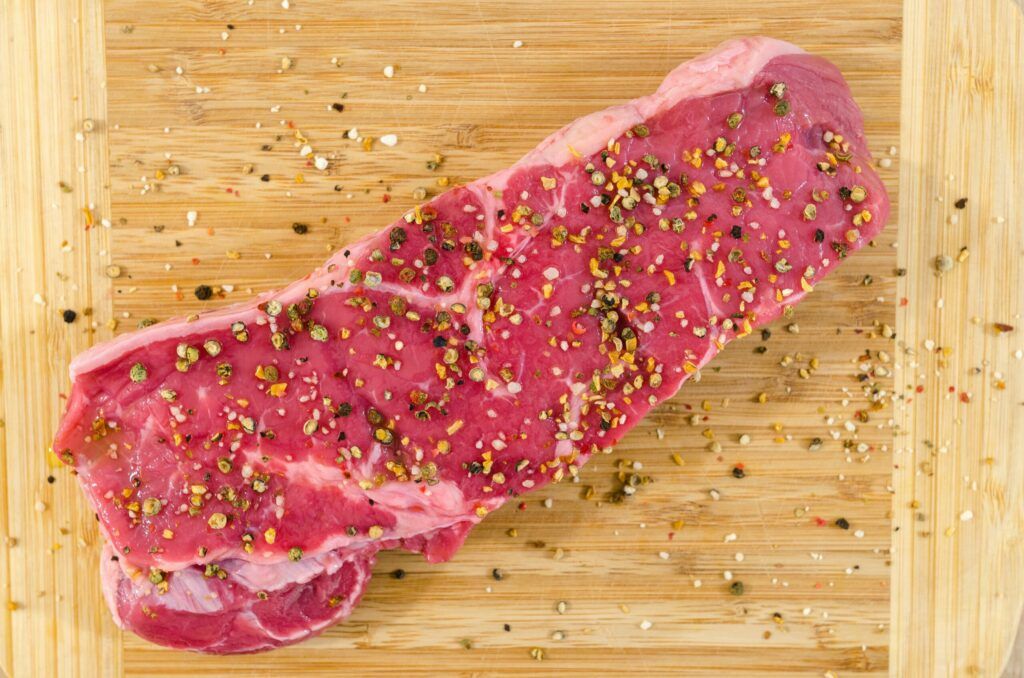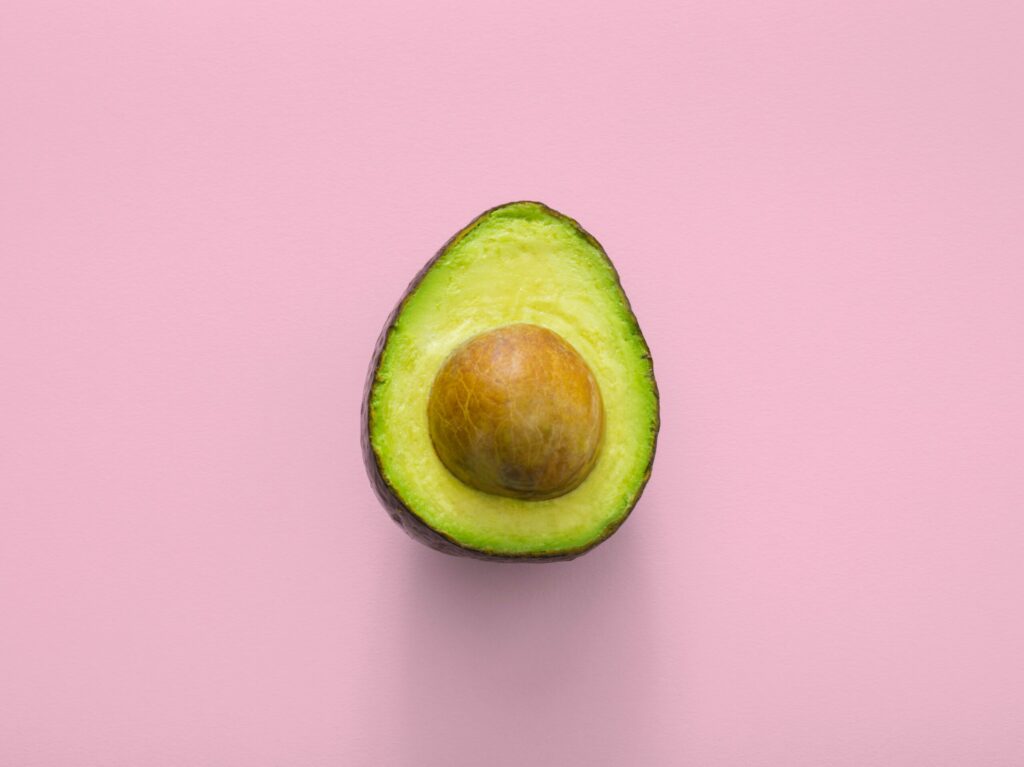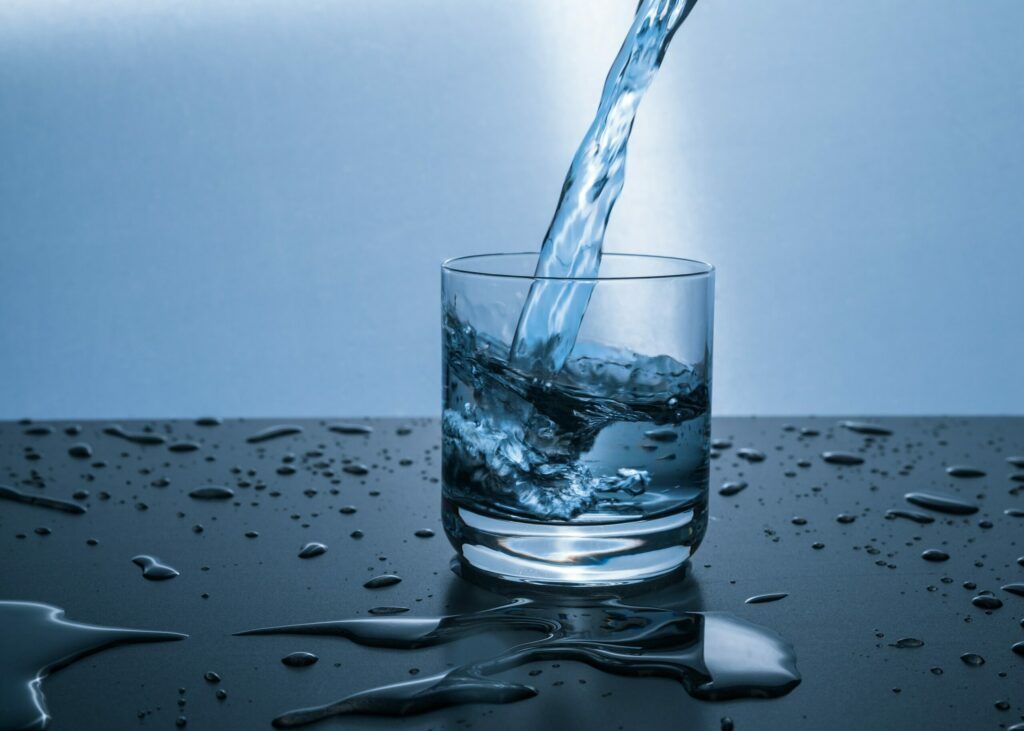
Fueling Your Performance: The Fundamentals of Sports Nutrition
- Categories Performance and Health Management, ESEI Community

The fundamentals of Sports nutrition is a crucial aspect of any athlete’s training program. It involves the intake of food and supplements that provide energy, enhance performance and aid in recovery. Athletes have unique nutritional requirements based on their sport, body composition, and training goals. In this blog, we will explore the fundamentals of sports nutrition and the essential nutrients that athletes need to optimize their performance.
The Breakdown of The Fundamentals of Sports Nutrition
Carbohydrates
Carbohydrates are the primary source of energy for athletes. They are found in foods such as bread, pasta, rice, and fruits. Carbohydrates are broken down into glucose, which is then used to fuel the body during physical activity. Athletes should aim to consume between 5-12 grams of carbohydrates per kilogram of body weight per day, depending on their sport and training program. Carbohydrate-rich foods should be consumed before, during, and after exercise to optimize performance and recovery.

Protein
Protein is essential for building and repairing muscle tissue. It is found in foods such as meat, fish, poultry, eggs, and dairy products. Athletes should aim to consume between 1.2-1.7 grams of protein per kilogram of body weight per day. This intake can vary based on the athlete’s sport, training program, and goals. Consuming protein after exercise can help promote muscle recovery and growth.

Fat
Fat is a crucial nutrient for athletes as it provides a source of energy during prolonged exercise. It is found in foods such as nuts, seeds, avocados, and oily fish. Athletes should aim to consume between 20-35% of their daily calories from fat. It is essential to choose healthy fats such as monounsaturated and polyunsaturated fats and limit saturated and trans fats.

Hydration
Hydration is critical for athletes as even mild dehydration can significantly impact performance. Athletes should aim to drink water regularly throughout the day and during exercise. It is recommended that athletes consume 16-20 ounces of water two hours before exercise and continue to drink 7-10 ounces every 10-20 minutes during exercise. Sports drinks can also be consumed during exercise to provide energy and electrolytes.

Vitamins and Minerals
Vitamins and minerals are essential for overall health and well-being. Athletes have increased nutritional needs due to the physical demands of their sport. It is essential to consume a variety of fruits, vegetables, whole grains, and lean protein sources to ensure an adequate intake of essential vitamins and minerals. Athletes may also benefit from taking a multivitamin or mineral supplement to ensure they meet their daily requirements.

Supplements
Supplements are commonly used by athletes to enhance performance and aid in recovery. However, it is essential to be cautious when using supplements as they may contain banned substances or have negative side effects. Athletes should consult with a sports nutritionist or healthcare professional before taking any supplements.
Some commonly used supplements by athletes include: Fundamentals of sports nutrition
Creatine: Creatine is a naturally occurring compound that provides energy to the muscles during high-intensity exercise. It is commonly used by athletes to increase strength and power.
Caffeine: Caffeine is a stimulant that can improve focus, alertness, and endurance. It is commonly found in coffee, tea, and energy drinks.
Beta-alanine: Beta-alanine is an amino acid that helps to buffer lactic acid during high-intensity exercise. It is commonly used by athletes to improve endurance and delay fatigue.
BCAAs: Branched-chain amino acids (BCAAs) are essential amino acids that help to promote muscle growth and recovery. They are commonly used by athletes to reduce muscle soreness and promote muscle repair
The fundamentals of sports nutrition are a crucial aspect of any athlete’s training program. Athletes should aim to consume a balanced diet that includes carbohydrates, protein, fat, vitamins, and minerals to optimize their performance and aid in recovery. Hydration and proper supplement use can also be essential components of a successful sports nutrition plan.
By focusing on proper nutrition and supplement use, athletes can improve their overall health and well-being, enhance their athletic performance, and achieve their training goals. Consultation with a sports nutritionist or healthcare professional can be beneficial in developing a personalized nutrition plan that meets the unique needs of each athlete.
Interested in Pursuing a Master in Performance and Health Management
Previous post
The Importance of Cultural Intelligence in Marketing to a Diverse Audience in Barcelona
Next post
Barcelona's Position in the Global Market: A Study of International Business Trends
You may also like



